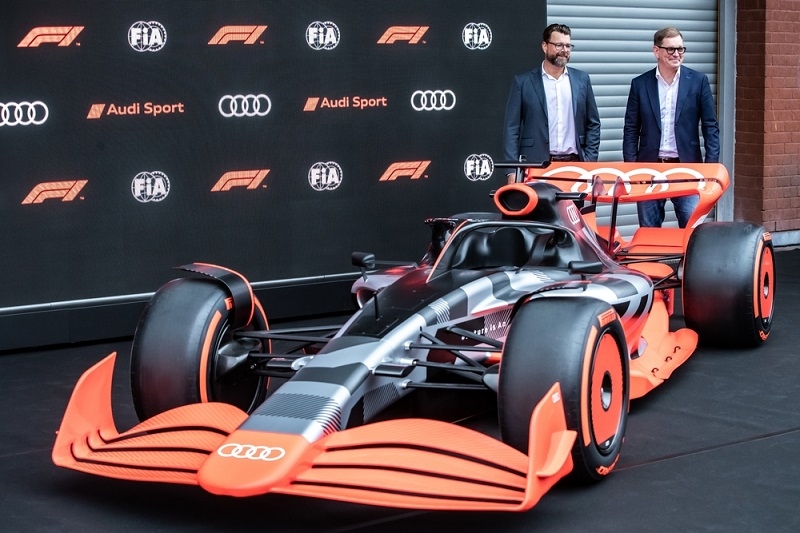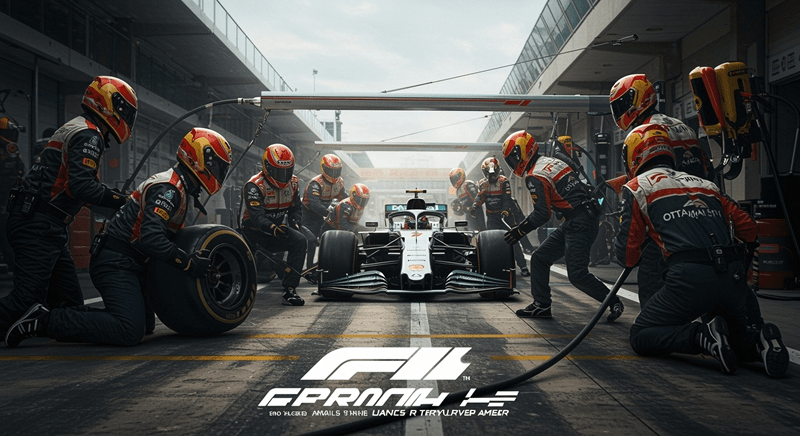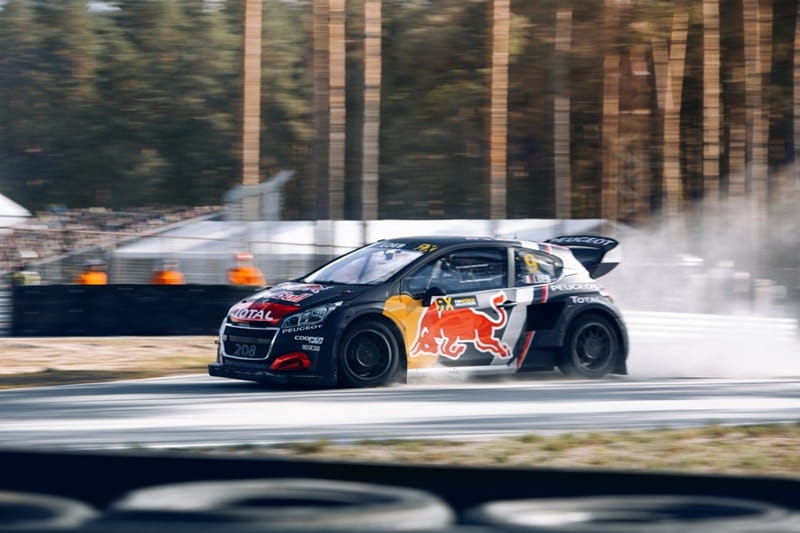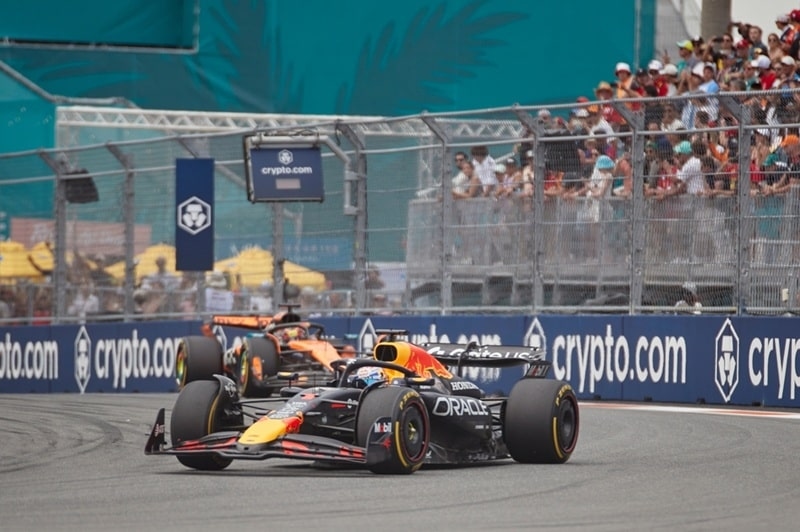The Oldest Drivers In Formula 1 History: Racing Through Time

Formula 1 has been a showcase for the skills of drivers spanning various generations. While F1 is often associated with youth and agility in contemporary times, some noteworthy individuals transcended age barriers and competed at an advanced stage in their careers, particularly during the 1950s. In this article, we delve into the history of Formula 1 to highlight the top 10 oldest drivers, celebrating their enduring passion, skill, and commitment to motorsport. From impressive careers to exceptional longevity, some of these drivers have left an indelible mark on the world of Formula 1, while others made only a few appearances before concluding their racing days.
Louis Chiron - One of the Greatest in Interwar Years

Image: codesportmonaco
Louis Chiron, born on August 3, 1899, in Monaco, holds the distinction of being the oldest driver to start a Formula 1 race. His remarkable feat occurred at the 1955 Monaco Grand Prix, where he finished in sixth place. Chiron enjoyed a long and successful career in motorsport spanning several decades, earning recognition as one of the greatest drivers in the interwar years. Participating in a total of 15 Formula 1 races, he achieved his best finish of third place in the 1950 Monaco Grand Prix. Chiron's passion for racing remained undiminished well into his 50s, solidifying his status as an icon of longevity in the sport. The Bugatti Chiron, a powerful supercar, pays a fitting tribute to this remarkable man. He truly gave his fans a VIP experience.
Philippe Etancelin - Enduring Motorsport Legacy

Image By: Agence de presse Meurisse - Bibliothque nationale de France
Philippe Etancelin, a French driver, secured his place as the second-oldest driver in Formula 1 history at the 1952 French Grand Prix. Participating in his final Formula 1 race at the impressive age of 55, tancelin had a career that spanned from the 1920s to the 1950s. His accomplishments included victories in the prestigious 24 Hours of Le Mans and numerous major Grand Prix triumphs before the Second World War. tancelin's unwavering love for racing is evident in his enduring legacy within the motorsport community.
Arthur Legat - Participant in Two Grand Prix

Image: laberezina
Arthur Legat, a Belgian racing driver, entered the Formula One World Championship scene, debuting on June 22, 1952. Despite participating in two Grands Prix, he failed to secure any championship points. His final race was the 1953 Belgian Grand Prix, where he retired from the competition at the age of 54 years and 232 days.
Luigi Fagioli - Oldest F1 Race Winner
Luigi Fagioli, an Italian racing driver, etched his name in Formula 1 history as the fourth oldest driver. At the age of 53, Fagioli triumphed in the 1951 French Grand Prix. Although his Formula 1 career was relatively brief, his motorsport experience was extensive, with notable success in Grand Prix racing during the 1930s. Fagioli's single race win makes him the oldest F1 race winner, and he remains the only race winner born in the 19th centurya record unlikely to be surpassed. Across his seven races, he secured six podium finishes, consistently placing within the top three.
Adolf Brudes - Motorsport Career of Half a Century

Image by Lothar Spurzem
Adolf Brudes, a German driver and member of German nobility, initiated his racing journey on motorcycles in 1919 and later owned a BMW and Auto Union dealership in Breslau. His racing career began in earnest in 1928, primarily in hill climb events. Despite a hiatus during World War II, he resumed racing post-war and continued until 1968, resulting in an almost 50-year driving and riding career. Brudes participated in the 1952 German Grand Prix, marking his lone World Championship Grand Prix appearance, where he failed to secure championship points. Additionally, he engaged in several non-Championship Formula One races.
Hans Stuck - Renowned for Hill Climbing Events
Hans Stuck, a German racing driver, achieved fame in Grand Prix motor racing during the early 1930s, particularly with Auto Union amid the era of the iconic Mercedes "Silver Arrows." Renowned for dominating hill climbing events, he earned the moniker "Bergknig" or "King of the Mountains." His legacy extended to his son Hans-Joachim Stuck and grandsons Johannes and Ferdinand Stuck, who followed in his racing footsteps. Despite participating in five Formula One races and starting three of them, his prominence lies in his earlier successes in Grand Prix motor racing.
Bill Aston - Test Pilot and Motorcycle Racer
Bill Aston, a British racing driver, engaged in three World Championship Grands Prix in 1952 while driving for his own team, Aston Butterworth. Before entering World Championship Grand Prix racing, Aston had a background as a test pilot and motorcycle racer.
Clemente Biondetti - Excelled in Endurance Events
Clemente Biondetti, an Italian driver, initially gained recognition for racing motorcycles before transitioning to cars, where he found greater success. Although his performance on circuits was modest, he excelled in endurance events, securing multiple victories in the Mille Miglia and triumphs in the Coppa Acerbo and the Targa Florio. Biondetti's racing career faced an interruption during World War II, and upon resuming post-war, he was 49 years old.
Juan Manuel Fangio - Oldest F1 World Champion
Juan Manuel Fangio is widely acknowledged as one of the Formula 1 greats. His remarkable achievement of becoming the oldest Formula 1 World Champion merits recognition. Fangio secured his fifth and final championship title at the age of 46 during the 1957 season. Fangio's feat is particularly noteworthy when considering the context of the era in which he competed. The 1950s presented heightened danger and physical demands in Formula 1 compared to the modern era where safety is paramount as they are some of the biggest world events. Fangio's successes underscored his extraordinary skill, unwavering determination, and adaptability. In the 1957 season, Fangio raced for the Maserati team, engaging in fierce battles with formidable competitors like Stirling Moss and Luigi Musso. Despite facing tough competition, Fangio's consistency and strategic brilliance played a crucial role in securing the championship. He emerged victorious in four out of the eight races he entered that year.
Conclusion
While historical trends suggest that modern world champions in their 40s are uncommon, recent examples such as Hamilton and Alonso, supported by advancements in nutrition and sports science, challenge this notion. The future may witness more world champions and race winners in their 40s, showcasing the evolving landscape of Formula One as the sport expands.
This content was created by AI




